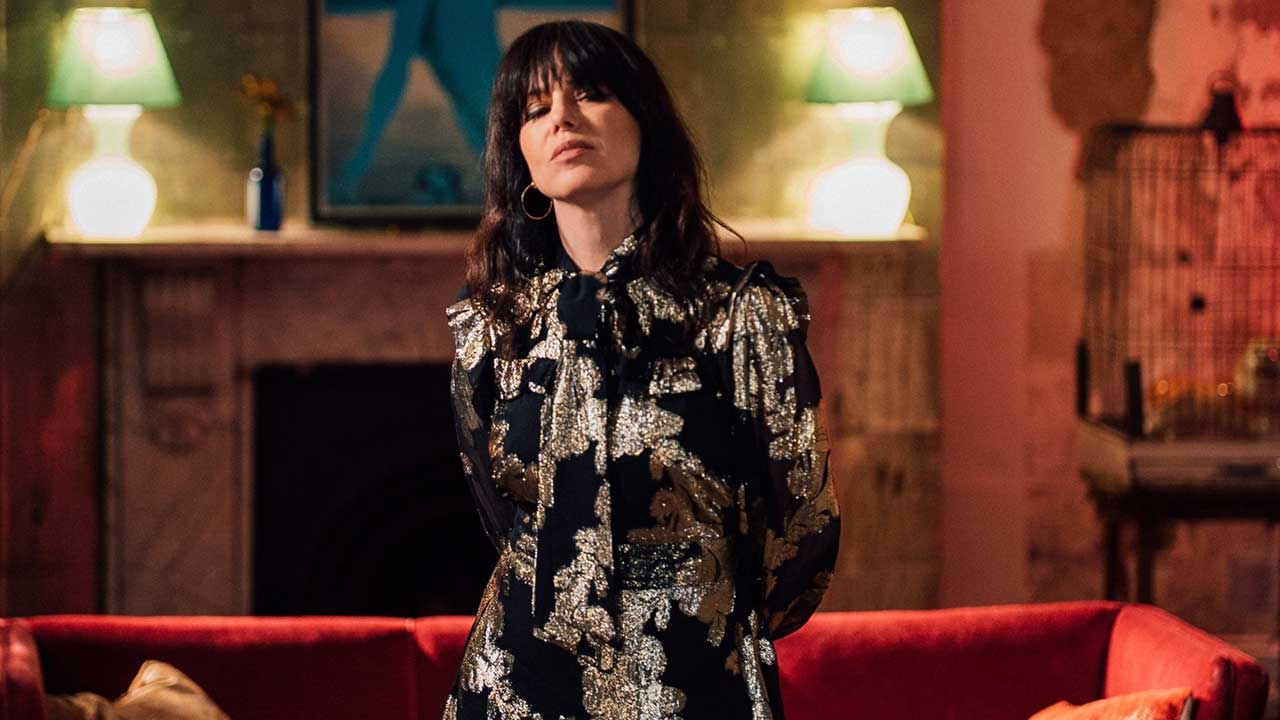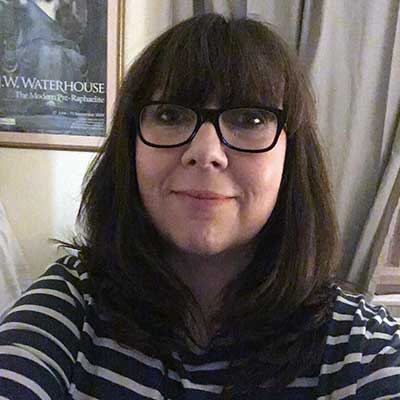On her sixth studio album, 11 Past The Hour (released in April this year), Irish singer-songwriter Imelda May has found a new path that’s very different from her jazz-club roots and her first flurry of success as a rockabilly performer.
Creating music that’s “built to last”, despite record company execs trying to write her off because – heaven forfend! – she’s over 40, May has just enjoyed her fourth No.1 album in Ireland.
11 Past The Hour is an eclectic and spirited mix of rock, pop and country soul, put together with a guest list that includes Miles Kane, Noel Gallagher and Charlotte Hatherley, plus recent touring partner and ‘discoverer’ Ronnie Wood.

What’s the story behind making 11 Past The Hour?
I started writing this album before lockdown, and, like everyone else, I went through such a massive range of emotions during that time. I wanted to mirror that, and post-lockdown the songs’ meanings changed – they meant even more. The whole album was about discovering different things and about love in many different forms.
11:11 was a number that inspired you.
After a couple of years writing [following the release of her 2017 album Life Love Flesh Blood], I started to see the number 11:11 around everywhere, whenever I looked at the clock or at dates. It was an invitation to delve into spirituality – it’s a number mentioned in many cultures and civilisations.
Around that time, I went to visit Newgrange, an amazing ancient building in Ireland that’s five thousand years old – older than the pyramids and Stonehenge. I ran my hands over the stones, the carvings and drawings, I opened my mind and I just listened.
On social media you’ve been talking of Beltane, World Earth Day, your witch’s altar. Is this further evidence of a spiritual transformation you’ve undergone?
I’ve been delving into pre-Christian Ireland, which was paganism. It interests me and it makes sense to me because it’s very Earth-based. I’m fascinated by spirituality. We desperately need to rediscover it because of the way we’re going with the planet.
How did you go about putting together the team of people who contributed to the making of the album?
I’m lucky enough to know some amazing people. So I wrote with Tim [Bran, from Dreadzone] and Davide [Rossi, from Goldfrapp], as I wanted to focus on lyrics and melody, and I wanted whoever I was writing with to take me somewhere else musically.
Andrew Innes from Primal Scream is there, as they were in the studio at the same time. There’s also Niall McNamee, an amazing songwriter, who I’m now dating, who I worked with on Don’t Let Me Stand On My Own.
The message means a lot to me. It’s all about being there for somebody and having them be there for you. Ronnie [Wood] introduced me to Noel [Gallagher]. I was nervous about asking him to duet on Just One Kiss, but I knew he would kill it.
Speaking of Ronnie Wood, that’s been a collaboration in-the making for a while now.
Ronnie is like family. I met him when I was sixteen and he jumped up and jammed on stage with me in a club in Dublin. We lost touch until I was on tour with Jeff Beck and one night he was there. He said: ‘I discovered you!’ and I said: ‘Yeah, but you didn’t mention it to anyone!’ [laughs]. So I’d just been on tour with him for his Chuck Berry album, and I said: ‘Will you be on my record?’ He was like: ‘Yeah!’, and that was just lovely.
And what about the women you’ve been working with?
Charlotte Hatherley is all over the record. I’ve been a fan of hers since she was with Ash. I also have [political activist] Gina Martin and [activist, lawyer and author] Dr Shola Mos-Shogbamimu on the song Made To Love. I met them at Annie Lennox’s International Women’s Day event and they blew my mind. Made To Love is all about activism and people who fought and died for love. ‘Made to love’ as a phrase sounds hippie and kind, but it’s not always the easiest option.
Recently you’ve been sharing your love of poetry with your fans online.
Poetry gives me so much on a daily basis. Never keep a poetry book in a bookshelf; leave them scattered around the house to dip in and out of. It can take a minute to read it and it will give you something to last for lifetime. I’ve just handed in a book of poems that I’ve finished, which should be out in autumn.
You gave your poem You Don’t Get To Be Racist And Irish to The Equality Fund. How did that come about?
They called me and asked could they use it and I said have it, take it. It ended up on billboards all over the place. It’s now been quoted in the Dáil, the Irish parliament, and I was thrilled as the Equality Fund used it with a campaign to fund ethnic minorities in Ireland – people of colour, the LGBT community, travellers, and people who just basically need a hand to live a better life.
You were told in an industry company meeting that as a woman over forty you were wasting your time making music. You’ve just had a Top 10 album in the UK, and are the first female solo artist to achieve four number one albums in Ireland. What are your thoughts on that?
When it hit number one in Ireland and number six in the UK it was my perfect ‘up yours’ moment. I felt fucking fabulous. What they were talking about was nonsense. Those ideas need to be challenged, and sexism needs to be challenged. If I’m listening to music I don’t want to know what age the person is, just if it moves me or not. The people saying this to me said: “We don’t agree with it, but we’re really sorry, this is the way it is.”
I said: “Is it the same for men?” and they said: “Unfortunately not.”
So I said: “You can kiss my amazing female fucking arse,” and I walked out. I thought: “I’m going to make a great album, and keep on making them.”

